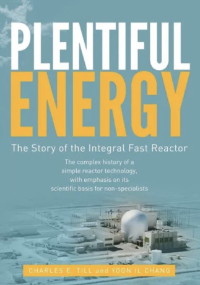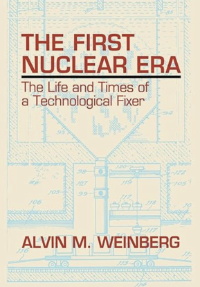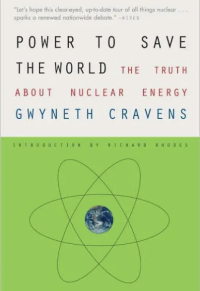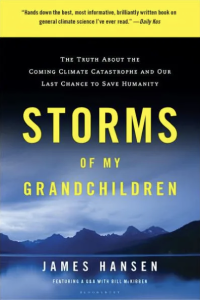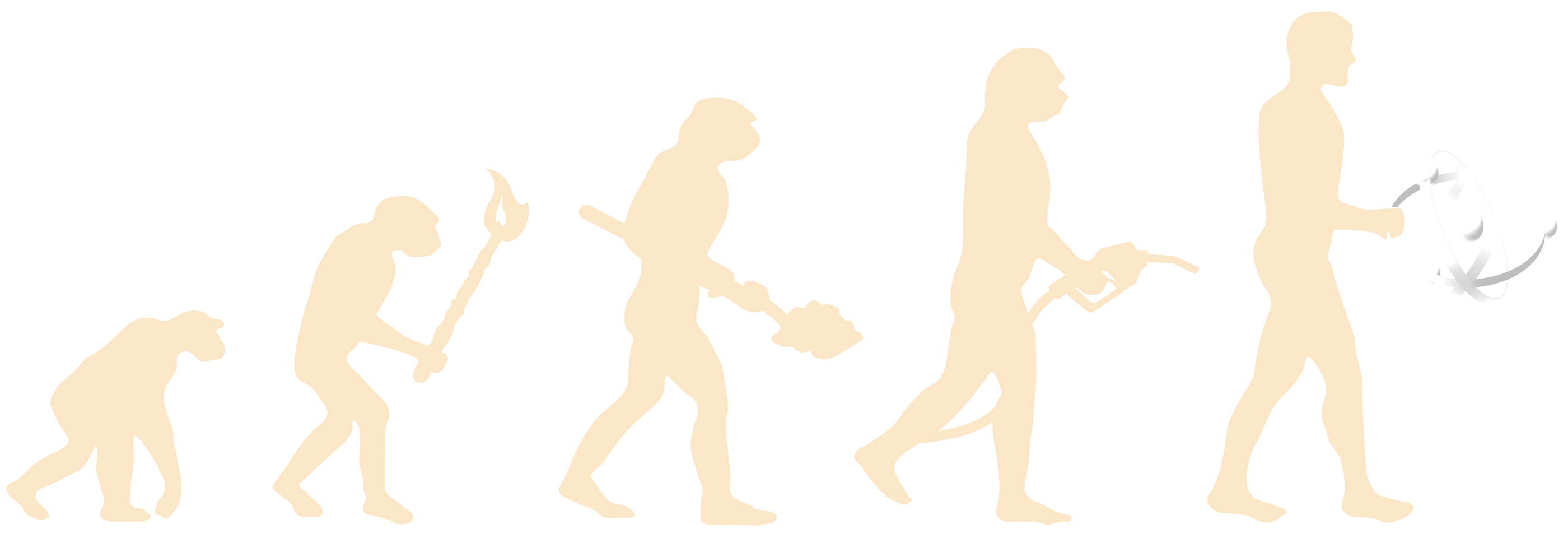resources
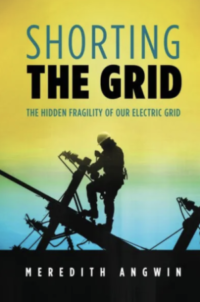
Shorting the Grid
The Hidden Fragility of Our Electric Grid
Meredith Angwin
When rolling blackouts come to the electric grid, they will be old news to the grid insiders.
Only the electricity customers will be surprised.
Grid insiders know how fragile the grid is becoming. Unfortunately, they have no incentive to solve the problems because near-misses increase their profits. Meredith Angwin describes how closed meetings, arcane auction rules, and five-minute planning horizons will topple the reliability of our electric grid. Shorting the Grid shines light on our vulnerable grid. It also suggests actions that can support the grid that supports all of us.
Plentiful Energy
The Story of the Integral Fast Reactor
Yoon Il Chang, Charles E Till
The Integral Fast Reactor (IFR) is a fast reactor system developed at Argonne National Laboratory in the decade 1984 to 1994. The IFR project developed the technology for a complete system; the reactor, the entire fuel cycle and the waste management technologies were all included in the development program. The reactor concept had important features and characteristics that were completely new. Electrical power is generated, new fissile fuel is produced to replace the fuel burned, its used fuel is processed for recycling by pyroprocessing – a new development – and waste is put in final form for disposal. All this is done on one self-sufficient site.
The First Nuclear Era
The Life and Times of a Nuclear Fixer
Alvin M. Weinberg
Alvin Weinberg is one of the most influential nuclear engineers & physicists in the U.S., having participated in many high profile projects from the early days of nuclear research on into the 1980s. This book is his autobiography and it’s peppered with first-hand accounts of major historical events. He writes about the events of December 2, 1942, when Fermi set into motion the first chain reaction in a uranium pile and goes on to describe what happened during the “First Nuclear Era” a period he admits that has now largely run its course. A proponent of nuclear power, Weinberg also exposed its down-side risks and for years remained in the forefront of strong science administration.
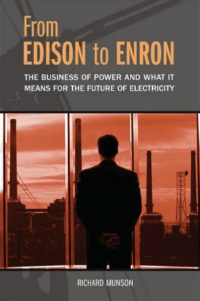
From Edison to Enron
The Business of Power and What It Means for the Future of Electricity
Richard Munson
The blackout of 2003 illuminated just how dependent America is on electricity. It was not just that some 50 million people in eight states and Ontario were cut off from their televisions, microwaves, ATMs, and email. Economists estimated that the blackout cost Americans $5 billion even as energy analysts were predicting that a similar blackout could happen again. The catastrophe encouraged us to recognize the profound impact of electricity on all aspects of commerce and culture.
Power to Save the World
The Truth About Nuclear Energy
Gwyneth Cravens, Richard Rhodes (Introduction)
An informed look at the myths and fears surrounding nuclear energy, and a practical, politically realistic solution to global warming and our energy needs. Faced by the world’s oil shortages and curious about alternative energy sources, Gwyneth Cravens skeptically sets out to find the truth about nuclear energy. Her conclusion: it is a totally viable and practical solution to global warming. In the end, we see that if we are to care for subsequent generations, embracing nuclear energy is an ethical imperative.
Storms of my Grandchildren
The Truth About the Coming Climate Catastrophe and Our Last Chance to Save Humanity
James Hansen
In Storms of My Grandchildren, the world’s leading climatologist speaks out for the first time with the full truth about global warming: The planet is hurtling even more rapidly than previously acknowledged to a climatic point of no return. In explaining the science of climate change, Dr. James Hansen paints a devastating but all-too-realistic picture of what will happen in our children’s and grandchildren’s lifetimes if we follow the course we’re on. But he is also an optimist, showing that there is still time to take the urgent, strong action that is needed- just barely.

